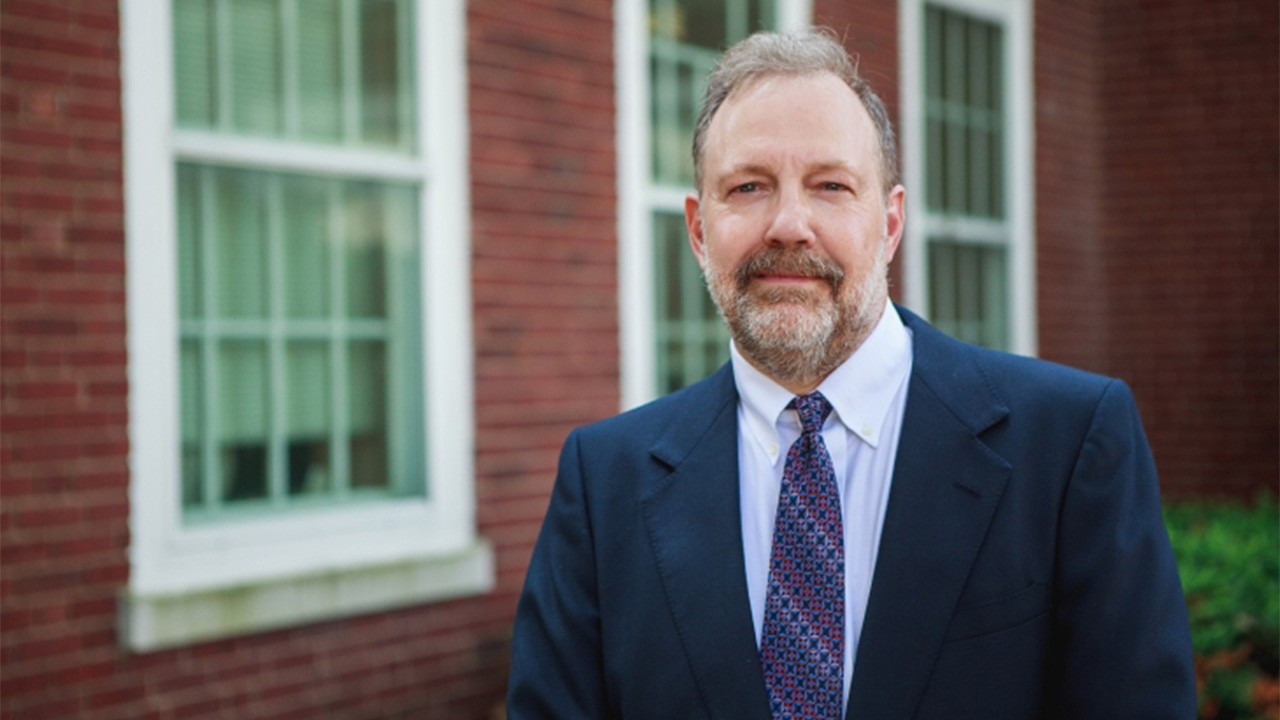


Get a free copy of Parental Rights & Education when you subscribe to our newsletter!

A year after the U.S. Court of Appeals for the Sixth Circuit ruled that Shawnee State University violated a professor’s rights by trying to force him to use a student’s preferred pronouns against his beliefs, the university has finally agreed to settle the case.
Nick Meriwether’s case started after he responded with “Yes sir” to a question from a student who is a biological male. The student told him after class that he was transgender and preferred to be addressed with feminine pronouns. When the professor argued that this violated his religious beliefs, the student became belligerent and said that he would be fired.
The professor did agree to use any name the student chose, but the university claimed that he created a hostile environment by refusing to use preferred pronouns and said if he did not comply he would face “further corrective action.” Meriwether filed suit four years ago, claiming the Ohio university violated his rights to religious liberty and free speech.
In March 2021, the Sixth Circuit Court ruled that Shawnee State ignored the protections of the Constitution. “Traditionally, American universities have been beacons of intellectual diversity and academic freedom,” the court wrote, noting,
“They have prided themselves on being forums where controversial ideas are discussed and debated. And they have tried not to stifle debate by picking sides. But Shawnee State chose a different route: It punished a professor for his speech on a hotly contested issue. And it did so despite the constitutional protections afforded by the First Amendment. The district court dismissed the professor’s free-speech and free-exercise claims. We see things differently and reverse.”
John Bursch, vice president of appellate advocacy for Alliance Defending Freedom, which represented Meriwether, said, “This case forced us to defend what used to be a common belief—that nobody should be forced to contradict their core beliefs just to keep their job. We are very pleased that the 6th Circuit affirmed the constitutional right of public university professors to speak and lead discussions, even on hotly contested issues.”
He added, “The freedoms of speech and religion must be vigorously protected if universities are to remain places where ideas can be debated and learning can take place.”
A year later, Shawnee State has agreed to a settlement. In addition to agreeing to allow Meriwether to decide if and how he will use pronouns, the university will pay him $400,000 in damages and attorney’s fees.
Tyson Langhofer, director of the ADF Center for Academic Freedom, said, “Dr. Meriwether rightly defended his freedom to speak and stay silent, and not conform to the university’s demand for uniformity of thought. We commend the university for ultimately agreeing to do the right thing, in keeping with its reason for existence as a marketplace of ideas.”
While the university agreed to the settlement, it has not reversed its position. “Though we have decided to settle, we adamantly deny that anyone at Shawnee State deprived Dr. Meriwether of his free speech rights or his rights to freely exercise his religion,” Shawnee said in a statement. “In this case, Shawnee State followed its policy and federal law that protects students or any individual from bigotry and discrimination. We continue to stand behind a student’s right to a discrimination-free learning environment as well as the rights of faculty, visitors, students and employees to freely express their ideas and beliefs.”
The school claimed that the case was being used to “advance divisive social and political agendas.”

There’s a tension today between protecting freedom of belief and protecting against discrimination, but these rights can co-exist.
Had Dr. Meriwether refused to allow the transgender student to attend his class or had docked the student’s grade without any reason other than because he didn’t like transgenders, that would have been a discriminatory act. Of course, the professor did nothing of the sort. On the other hand, the transgender student did not have the right to compel Dr. Meriwether to say something he didn’t feel comfortable saying — in this case, the student’s pronouns — or to pretend to agree with the student’s life choices or belief system nor did the university have the right to threaten his job for the same reason.
To make someone say something they don’t want to say or attempt to make them agree with an ideology that goes against their beliefs through coercion or punishment is tyranny and a blatant and dangerous violation of the First Amendment, as the Sixth Circuit Court of Appeals affirmed. In its opinion, the majority opinion pointed out that if “professors lacked free-speech protections when teaching, a university would wield alarming power to compel ideological conformity.” For example, the judges noted, “A university president could require a pacifist to declare that war is just, a civil rights icon to condemn the Freedom Riders, a believer to deny the existence of God, or a Soviet émigré to address his students as ‘comrades.’ That cannot be.”
Unfortunately, Shawnee State University did not learn from the court’s admonition, as shown by its obstinate statement. It still believes that forcing a person to say something they disagree with somehow stops discrimination and promotes the right to express beliefs. While its settlement may stop this injustice towards Dr. Meriwether and could deter discrimination by other universities, it betrays their fundamental lack of understanding of the principles of free speech and free will.
As long as colleges believe that any opposition to transgender ideology must not only be silenced but that everyone must be compelled to say and show that they agree with it, then they will never live up to the university’s role of acting as both incubator and guardian of the free exchange of differing opinions, ideas, and beliefs.
Christian conservative news and issues that matter. Curated just for you!